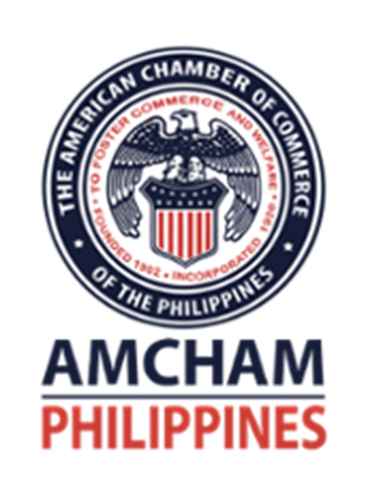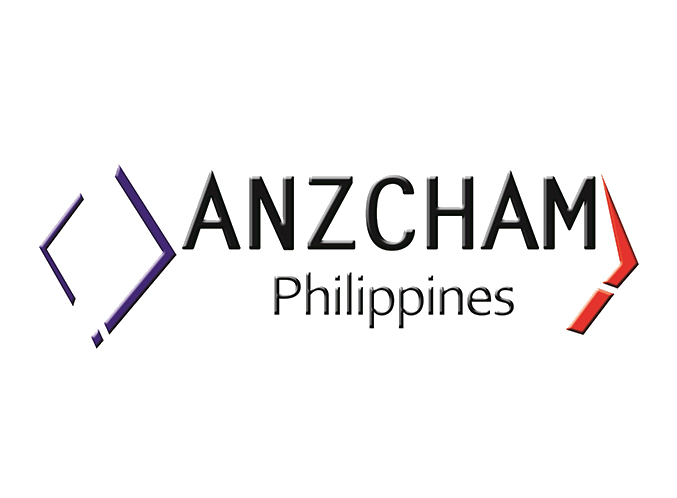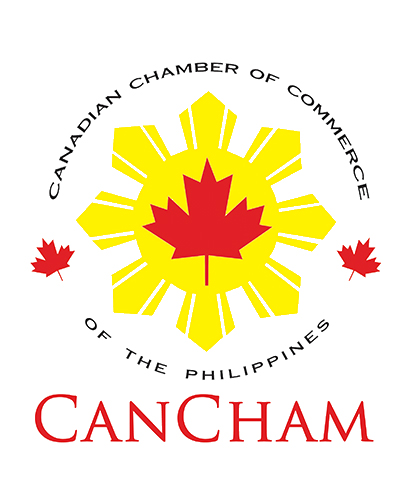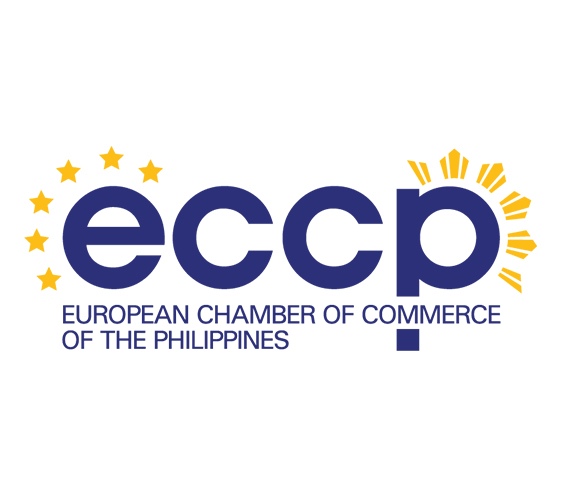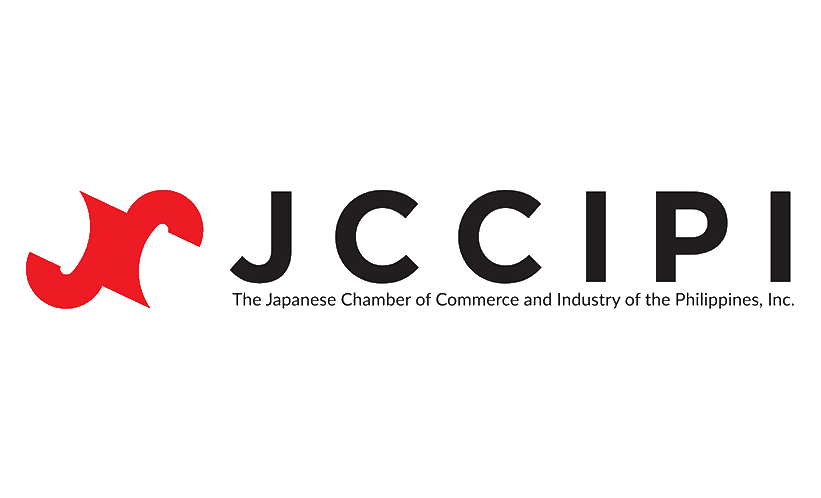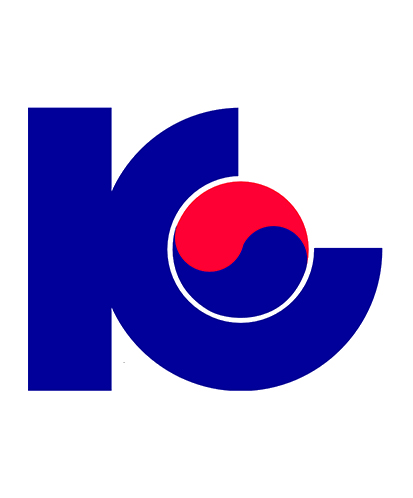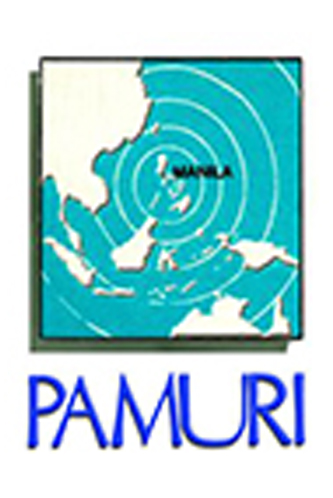Philippines given poor marks on innovation-friendly policy — ITIF
January 28, 2016 at 17:04
Philippines given poor marks on innovation-friendly policy — ITIF
by Daphne J. Magturo | January 26, 2016
THE PHILIPPINES landed towards the bottom of global rankings measuring the impact of economic and trade policies on innovation, according to a global technology policy think tank.

“The Philippines ranks 47th in how its domestic policies support worldwide innovation,” the Information Technology and Innovation Foundation (ITIF) said in its January 2016 analysis titled “Contributors and Detractors: Ranking Countries’ Impact on Global Innovation” that assessed 56 countries.
“Countries with better education systems are, all else equal, able to produce more innovation, to the benefit of the entire world,” the report read.
The Philippines, along with Indonesia, Kenya, Peru, and India, scored poorly in human capital indicators.
“Countries where the quality of tertiary education is relatively high benefit more from their own R&D (research and development) efforts, from international R&D spillovers, and from their own investment in human capital formation than do other countries.”
The report pointed out that no Philippine university made it to the Times Higher Education World University Ranking.
“The number of people conducting scientific research is a strong measure of a country’s focus on R&D and the success of programs meant to encourage it.”
On a per capita basis, the Philippines has the least number of researchers, and the government invests only $43 on R&D and $8 on university research — the second to the last after Vietnam in both instances.
“Countries that introduce barriers to FDI (foreign direct investment) harm the global innovation economy. The most direct form of FDI control is restrictions on foreign equity, which has been measured by the OECD (Organisation for Economic Co-operation and Development).”
The Philippines, as well as China, New Zealand, Canada, and Vietnam “impose the highest foreign equity restrictions” among those covered by the study.
Manila has a 70% software piracy rate, the seventh worst offender on the list. It also has one of the “least open markets” for trade in services.
“Robust innovation is essential for economic growth and progress,” co-author Stephen Ezell, who is also ITIF’s vice-president for global innovation, said in a statement accompanying the report.
“As countries increasingly vie for leadership in the innovation economy, they can implement policies that try to benefit only themselves but harm the production of innovation in the rest of the world. Or they can implement ‘win-win’ policies that bolster their own innovation capacity while also generating positive spillovers for the entire global economy. For innovation to flourish around the world, we need a system that is doing much more of the latter.”
ITIF said this is the first report to assess the impact of countries’ policies on the broader innovation system. It examined 14 factors that not only support innovation domestically but have positive spillover effects globally, such as supportive tax systems and investment in R&D and human capital, and another 13 factors that have negative spillover effects, such as forced localization and weak intellectual property protection.
“The Philippines’ 47th place overall ranking reflected a combination of policies that the report found to be 9th worst in their positive contribution to the global innovation ecosystem and also the 14th most damaging.”





















